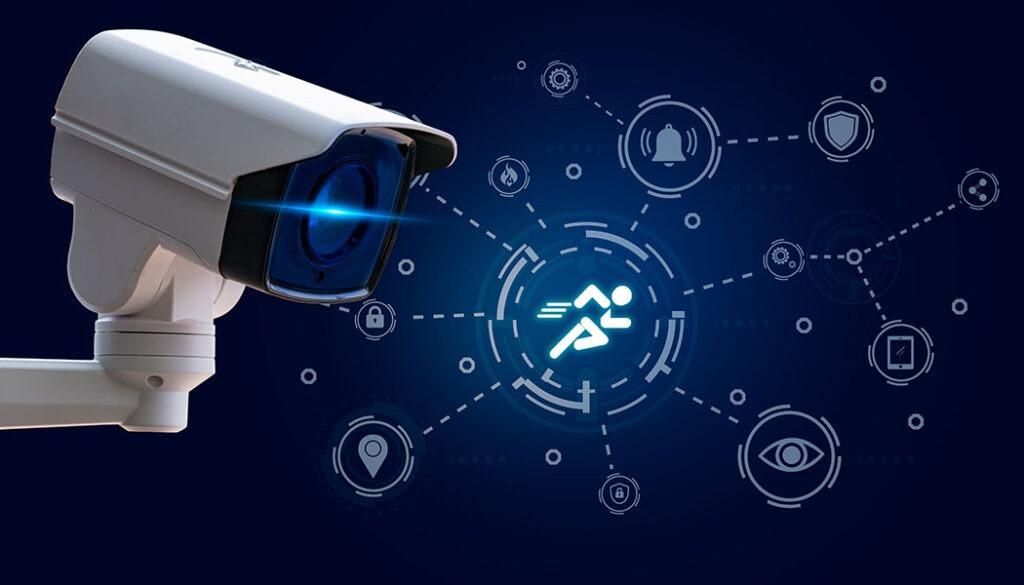Transforming Vision: The Rise of AI Cameras in a Smart World
Artificial Intelligence (AI) has revolutionized many aspects of modern life, and the camera industry is no exception. The advent of AI cameras marks a significant leap in imaging technology, blending intelligent algorithms with traditional photography and videography. From smartphones and home security systems to autonomous vehicles and industrial machinery, AI cameras are now playing an essential role in how we perceive, capture, and interpret visual data.
At its core, an AI camera leverages machine learning algorithms and neural networks to process visual information in real time. Unlike conventional cameras that simply record images or video, AI cameras can recognize patterns, detect faces, track movement, identify objects, and even make decisions based on visual input. This capability turns a passive device into an active and intelligent tool that can adapt to its environment and perform complex tasks without human intervention.
Source -
https://www.marketresearchfuture.com/reports/ai-camera-market-8549
One of the most widespread applications of AI cameras is in smartphones. Leading manufacturers such as Apple, Samsung, and Google have integrated AI into their camera systems to enhance photo quality and user experience. AI-driven features include automatic scene detection, low-light enhancement, portrait mode optimization, and real-time image processing. For example, AI can recognize a landscape and adjust colors and exposure accordingly, or detect a face and apply beauty filters and bokeh effects to deliver professional-looking portraits. These innovations have empowered users to take better photos with minimal technical knowledge, making photography more accessible and enjoyable.
In the realm of security and surveillance, AI cameras have brought about a paradigm shift. Traditional CCTV systems rely heavily on manual monitoring and are often ineffective at detecting threats in real time. AI-powered security cameras, on the other hand, can identify unusual behavior, differentiate between people, animals, and vehicles, and alert authorities instantly when suspicious activity is detected. Facial recognition technology, enabled by AI, allows for advanced access control and personalized user experiences in smart buildings and offices. However, it also raises privacy concerns and demands careful regulation and ethical consideration to prevent misuse.
Transforming Vision: The Rise of AI Cameras in a Smart World
Artificial Intelligence (AI) has revolutionized many aspects of modern life, and the camera industry is no exception. The advent of AI cameras marks a significant leap in imaging technology, blending intelligent algorithms with traditional photography and videography. From smartphones and home security systems to autonomous vehicles and industrial machinery, AI cameras are now playing an essential role in how we perceive, capture, and interpret visual data.
At its core, an AI camera leverages machine learning algorithms and neural networks to process visual information in real time. Unlike conventional cameras that simply record images or video, AI cameras can recognize patterns, detect faces, track movement, identify objects, and even make decisions based on visual input. This capability turns a passive device into an active and intelligent tool that can adapt to its environment and perform complex tasks without human intervention.
Source - https://www.marketresearchfuture.com/reports/ai-camera-market-8549
One of the most widespread applications of AI cameras is in smartphones. Leading manufacturers such as Apple, Samsung, and Google have integrated AI into their camera systems to enhance photo quality and user experience. AI-driven features include automatic scene detection, low-light enhancement, portrait mode optimization, and real-time image processing. For example, AI can recognize a landscape and adjust colors and exposure accordingly, or detect a face and apply beauty filters and bokeh effects to deliver professional-looking portraits. These innovations have empowered users to take better photos with minimal technical knowledge, making photography more accessible and enjoyable.
In the realm of security and surveillance, AI cameras have brought about a paradigm shift. Traditional CCTV systems rely heavily on manual monitoring and are often ineffective at detecting threats in real time. AI-powered security cameras, on the other hand, can identify unusual behavior, differentiate between people, animals, and vehicles, and alert authorities instantly when suspicious activity is detected. Facial recognition technology, enabled by AI, allows for advanced access control and personalized user experiences in smart buildings and offices. However, it also raises privacy concerns and demands careful regulation and ethical consideration to prevent misuse.

